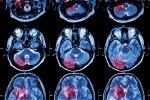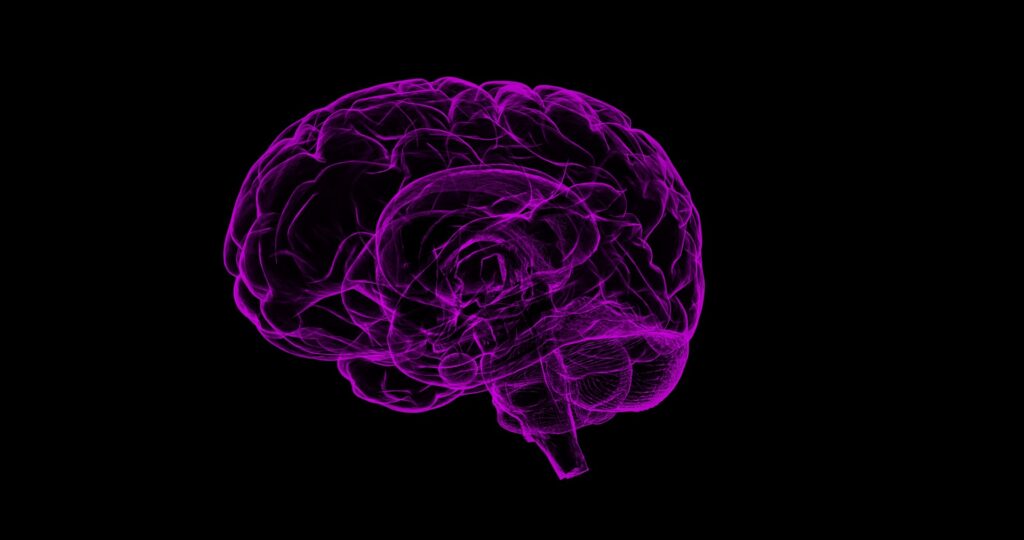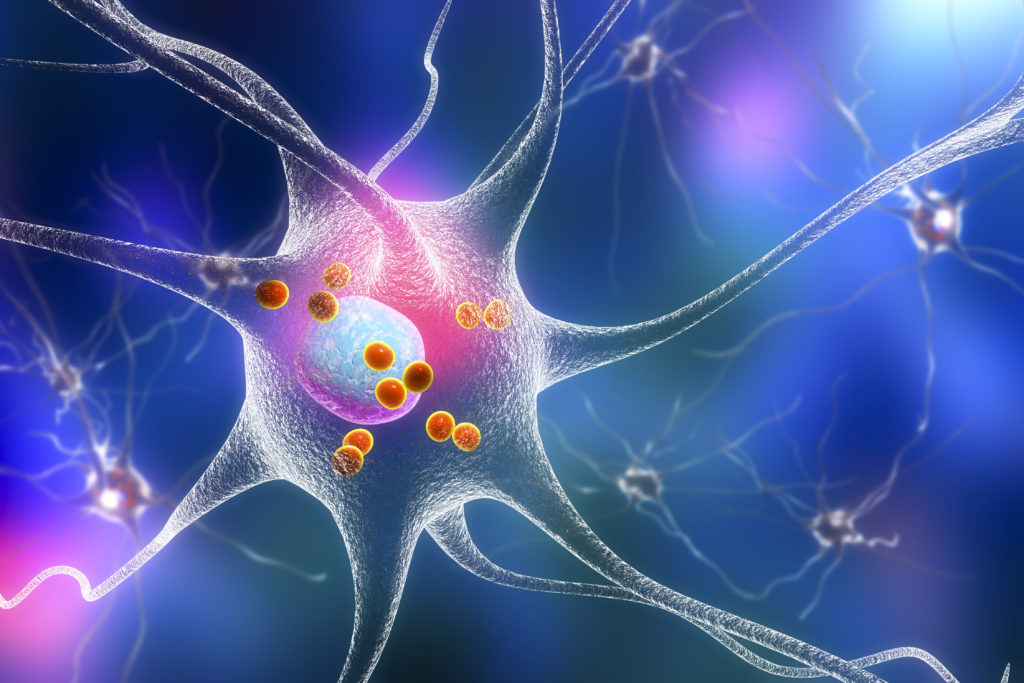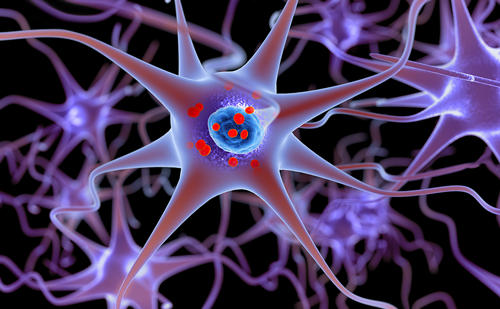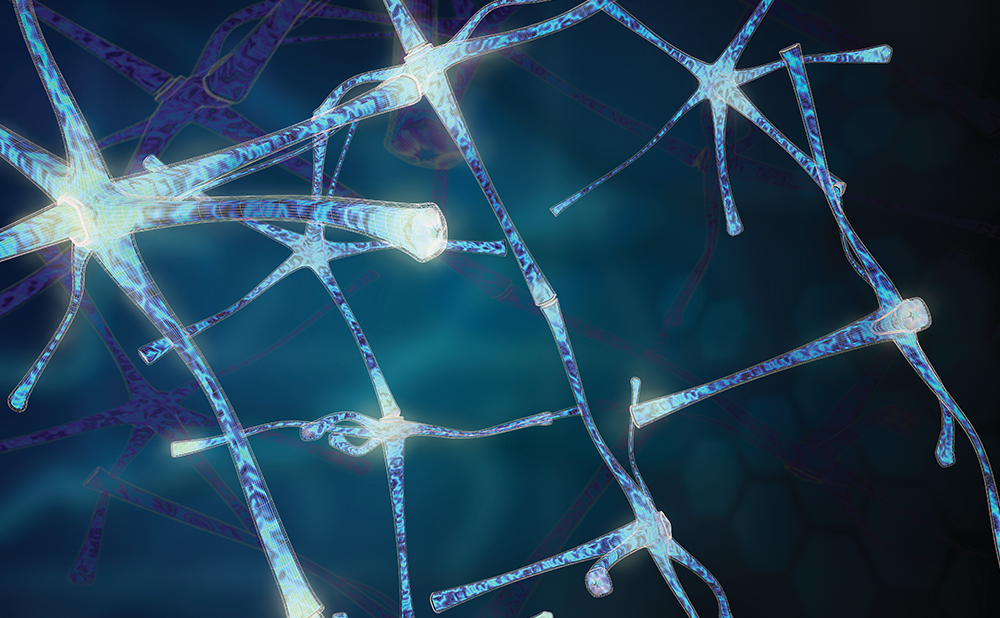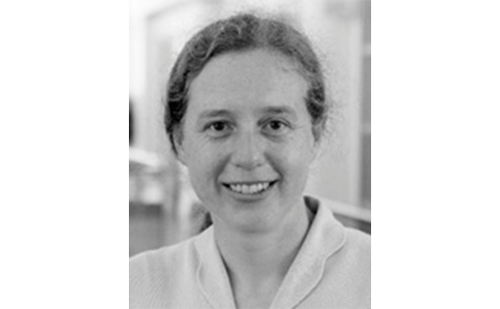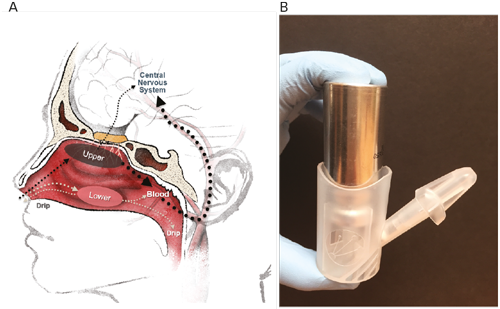People diagnosed with Parkinson’s disease (PD) are presented with unique challenges. It requires effort and tenacity to understand and manage a chronic, progressive condition. Those living with PD have important questions to be answered and concerns to be addressed at various points on their journey. For instance, it is necessary for individuals to know where to gather information about their illness. In addition, they require effective tools to access the healthcare system in order to obtain sound medical treatment and care. Those afflicted with PD also need to understand how the disease will affect family, work, and social relationships. Also, these individuals often want to be aware of the impact PD will have on their life plans.
The American Parkinson Disease Association, Inc. (APDA) was founded in 1961 “to ease the burden, to find the cure” for PD. Headquartered in New York, the organization focuses its energies on research, patient education and support, and public awareness activities. Because of APDA’s long-standing commitment to provide a ‘grassroots’ presence to those dealing with PD, whether as patients, family members, or healthcare providers, there evolved a strong national network of support groups and Chapters run by devoted volunteers. To further complement its outreach, APDA developed the concept of Information and Referral (I&R) Centers. In 1974, the first of these Centers was opened in New York. APDA currently provides funding for the operation of 61 of these across the continental US. The Centers are strategically located throughout the country and hosted by academic medical centers, community hospitals, neurology practices, and other appropriate agencies. Physicians experienced in the delivery of care to those with PD serve as medical directors. In addition, in order to ensure the vibrant, day-to-day operation of a Center, APDA has a dedicated cadre of I&R Center coordinators who help ‘ease the burden’ of PD.
Who Are These Coordinators?
APDA coordinators come from a wide variety of professional backgrounds, particularly the fields of nursing and social work. Others are rehabilitation specialists in physical, occupational, and speech/ language therapy. Many coordinators present with impressive expertise in areas such as health psychology, finance, management, and public relations. There are also those who come with experience in academics, research, law, and community service.
Although coordinator qualifications are diverse, what is universal to all is a passion to offer patients, families, and the general community a better understanding of PD. Ultimately, coordinators hope to empower the PD population by providing them with the skills to successfully manage the formidable challenges presented by the disease.1
What Are Coordinator Responsibilities?
Coordinators represent the APDA on a local or regional level. On any one day, coordinators may talk at length on the telephone help-line (or via email) with a newly diagnosed person who is worried; a care-giver who is overwhelmed; a healthcare provider who is looking for a PD fitness program; a support group leader who is eager to hold an innovative meeting; or a local news reporter who is interested in recent research findings. Coordinators also have a strong presence in their communities. They crisscross their states giving talks, running workshops, producing and distributing consumer-friendly publications, and, most importantly, meeting with the people they serve. The coordinator position is generally funded 20 hours per week by the APDA. Therefore, at the Centers, coordinators are continually establishing and prioritizing realistic and obtainable goals based on the needs of their communities. The general responsibilities of coordinators are outlined below.2
Providing Information and Resources About Parkinson’s Disease, Current Therapies, and Emerging Research
APDA supplies coordinators with a wealth of materials to offer the community at no cost to the recipients. These booklets, pamphlets, DVDs, texts, and library materials cover all aspects of living with PD. For instance, an updated manual entitled Be Active: An Exercise Program for People with Parkinson’s was written by movement disorder physical therapists. Based on recent scientific evidence, these expert clinicians have designed a patient-centered booklet that includes an overview of fitness benefits as well as guidelines for the suggested exercises. This resource has photos with accompanying descriptions to instruct the readers on how to perform motion, stretching, and strengthening exercises.3
Providing a List of Experts in Movement Disorders
Coordinators offer patients and their families appropriate referrals to physicians, rehabilitation experts, social service agencies, and more in order to ensure that those afflicted by this disease receive optimal care.
Offering Programs to Promote Wellness and Increased Quality of Life to Those Affected by this Illness
PD affects not only persons with PD but also spouses, family, friends, and co-workers. For this reason, coordinators have developed programs to offer much needed support to these various groups. For example, coordinators are keenly aware of the fact that bringing care-givers together for sharing, caring, and learning is invaluable to the entire family constellation. Therefore, providing an event such as a care-giver recognition ‘lunch and learn’ program designed exclusively for honoring the dedication and hard work of care providers is an activity that coordinators often put together.
Establishing and Maintaining Self-help Groups
These groups exist to help individuals better cope with the chronic condition of PD. Coordinators are pivotal point personnel within the PD self-help network. They assist by getting groups started, leading people to the appropriate group(s), facilitating meetings, and/or offering support group leadership training. coordinators also identify specific populations within the PD community who would benefit from ‘specialty support groups.’ For example, individuals considering and/or having undergone deep brain stimulation may find value in a group designed for their particular needs.
Offering Consultation and Assistance to Volunteers
The coordinator network dovetails nicely with the dedicated and diversified group of APDA volunteers across the country. Coordinators recognize the need for volunteers to be well-educated about PD as well as saluted for their many hours of commitment. Therefore, coordinators participate in multiple volunteer Chapter-run activities offering professional guidance when appropriate. In addition, coordinators always look for opportunities to thank these volunteers for their efforts through multiple tokens of appreciation.
Fostering Public Education and Awareness of Parkinson’s Disease
‘Spreading the word’ about Parkinson’s disease is a vital coordinator role. Important messages to the public include information such as:
• the incidence of PD swells as our worldwide population expands and life expectancy increases;4
• this illness occurs in individuals that, by virtue of their age, often have co-existing chronic disease(s);
• the financial burden of this illness is increasing both in the US and internationally;5
• treatment of both PD and the potential co-existing disease(s) often requires numerous medication and therapy adjustments;
• the patient/family with PD requires significant teaching to participate in managing the disease;
• the healthcare team is often multidisciplinary, necessitating frequent detailed communications between patients/family with individual members of the provider team;
• research is dynamic, providing new insights into ‘old’ treatments and novel medications. In addition, science is exploring the areas of early diagnosis and neuroprotection. Coordinators are key professionals who disseminate information about these exciting findings.
Unique Contributions of Coordinators
As coordinators spend time in their local settings, they often identify gaps in services that are essential for the wellbeing of the PD community. Based on coordinator talents and interest, as well as available resources, APDA coordinators have developed exciting novel programs. For example, a number of coordinators have designed and implemented comprehensive educational workshops for newly diagnosed patients and families. These programs are in a ‘PD 101’ format, i.e. they provide basic introductory information about the disease, treatment, support services, etc. In essence, these promote a ‘good start’ for dealing with PD.
Coordinators also reach out to populations with certain needs. For instance, people living in rural areas who cannot easily attend PD-focused programs or access specialized neurological care are able to have their needs met through innovative interactive satellite conferencing. For people with other support constraints, coordinators are able to offer information on services such as prescription coverage plans and in-home assistance, as well as referrals for emergency response systems, respite care, fitness/aquatic therapy, and/or transportation programs.
In addition, coordinators are well-positioned to understand the educational needs of healthcare providers. Many have developed curricula using a ‘train the trainer’ model. For example, in order to ensure that nurses understand the importance of proper medication timing when patients are hospitalized, coordinators will share correct information with key staff who will then disseminate this to fellow staff members.
Recently implemented coordinator projects have included initiatives such as design of a personal health record and communication booklet specific to PD as well as young-onset PD retreats that dovetail with the goals of APDA’s national Young Onset Center in Illinois. Because coordinators understand that people with PD often have a desire to look beyond their disease and redefine themselves, they also assist individuals who wish to explore their imaginative spirit. Many coordinators have established avenues to accomplish this through PD artistic expression classes and creative exhibitions.
How Does APDA Promote Coordinator Development?
First, when coordinators are newly hired, APDA makes a concerted effort to offer each one a sense of organizational support as well as warm camaraderie from other members within the association. Most coordinators are geographically separated not only from the national office in Staten Island, New York but also from fellow coordinators who are generally operating across state borders. Therefore, in 2005 APDA developed a ‘mentoring’ program to provide novice coordinators with a general orientation as well as preparation and training from an experienced core of seasoned coordinator professionals. This occurs through site visits and follow-up communication and support by senior coordinator mentors.
On an ongoing basis, all coordinators are invited to attend the annual APDA national coordinator meeting. It is here, as a group, that coordinators learn from guest experts as well as each other in order to expand their knowledge-base and expertise. At this yearly convention, they are able to form strong connections with each other. These bonds continue when they return to their home Centers. Coordinators always feel they are an email or phone call away from a trusted colleague.
APDA recognizes that coordinators are unique Parkinson outreach specialists and, because of this, the national organization fosters and promotes the continued professional growth of coordinators. Coordinators, some with many years of experience, have therefore become national Parkinson leaders in nursing, social service, and other disciplines. The I&R Center coordinators truly enhance the delivery of care in the field of movement disorders while working to fulfill the mission and goals of APDA.
How Can You Connect with Your Local Coordinator?
You can an reach an I&R Center Coordinator in the US by contacting the APDA National Office in Staten Island, New York (1-800-223-APDA) or visiting www.apdaparkinson.org. Coordinators welcome and encourage calls, emails, and visits to their Centers. They look forward to meeting people in the community at support group meetings, educational seminars, health fairs, social gatherings, APDA Chapter events, and more. In so doing, APDA coordinators offer the Parkinson population in the US a comprehensive and effective grassroots support program. ■


